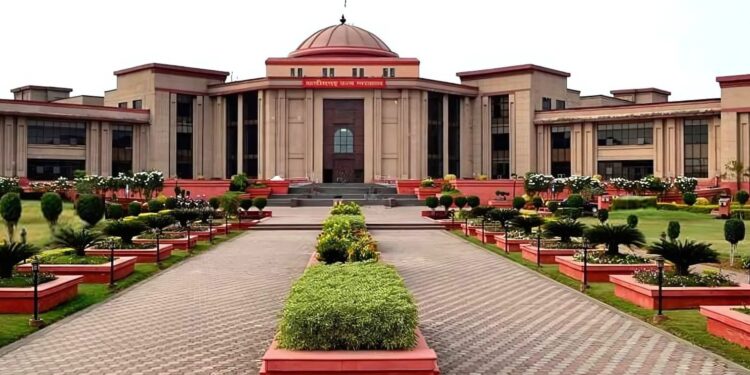The Chhattisgarh High Court’s recent ruling in the case of Chhattisgarh Rajya Vidhyut Vitaran Company & Anr. v. State of Chhattisgarh & Ors. Reinforces the principle of accountability for service providers engaged in potentially hazardous activities, such as power distribution, and sets a significant precedent for compensating victims of electrocution.
The court upheld the trial court’s decision to award ₹10.37 lakh in compensation to the family of Pancho Bai Yadav, who tragically died from electrocution while attempting to switch off a borewell pump at her home. The ruling came after the trial court found that CSPDCL’s failure to ensure proper maintenance of the electrical infrastructure, specifically the lack of adequate earthing, was the cause of the fatal incident.
The Bench, led by Justices Rajani Dubey and Sanjay Kumar Jaiswal, found that the trial court’s decision was in line with precedents and provided a fair and just outcome given the facts of the case. The judges noted that the compensation amount was reasonable, considering the deceased’s age, her employment, and the number of dependents she left behind. They added that the trial court’s award was neither excessive nor disproportionate, given the circumstances of the case.
In its ruling, the High Court emphasized the strict liability principle, which holds organizations responsible for the consequences of their actions, even when there is no fault or negligence. In this case, CSPDCL, as the entity responsible for the electrical infrastructure, was held liable for the death caused by the defective wiring and inadequate earthing that led to the electrocution.
The incident that led to the lawsuit took place in December 2017, when the victim, Pancho Bai Yadav, came into contact with an electrical fault while operating a borewell pump switch at her home. Her family filed a civil suit, seeking ₹11 lakh in compensation, alleging negligence on the part of CSPDCL, particularly for failing to maintain the electrical system properly.
CSPDCL, in its defense, argued that the woman’s death was due to her negligence. They pointed out that the pump switch was situated in a damp area and lacked an earthing connection. Additionally, they claimed that the internal wiring of the house was faulty, but they denied responsibility for those issues, arguing that they were outside the purview of their obligations.
However, the trial court rejected these arguments, finding that the electrocution was caused by the defective electrical infrastructure maintained by CSPDCL. The court held that the lack of proper earthing was the primary cause of the incident, and the victim was not at fault. As a result, the trial court held both CSPDCL and the Chhattisgarh Rajya Mandal Board jointly and severally liable for the compensation.
The power distribution companies challenged the trial court’s decision, arguing that they should not be held responsible for the internal wiring issues in the deceased’s home and that the compensation amount was excessively high. However, the High Court found no merit in these arguments, agreeing with the trial court that the evidence did not show any negligence on the part of the deceased or her family. The court also reiterated that the compensation awarded was reasonable and aligned with established principles of justice.
“This Court finds no illegality or infirmity in the findings recorded by the learned trial court,” the High Court stated in its judgment, effectively dismissing the appeal by CSPDCL and upholding the compensation award.
The ruling sends a strong message to power distribution companies and other service providers, reinforcing the need for stringent safety protocols and the importance of maintaining public infrastructure to prevent accidents. It also underscores the right of victims’ families to seek compensation when negligence or inadequate maintenance leads to harm.
Advocate Raja Sharma represented the appellants (CSPDCL and the Chhattisgarh Rajya Mandal Board). At the same time, Advocate Sachhidanand Yadav appeared for the State of Chhattisgarh, and Advocate BL Sahu represented the respondents, the deceased’s family.
This decision highlights the growing trend of holding public and private sector entities accountable for incidents of negligence that affect the safety and well-being of citizens, particularly in cases involving fatal accidents caused by poor maintenance of essential infrastructure.

















